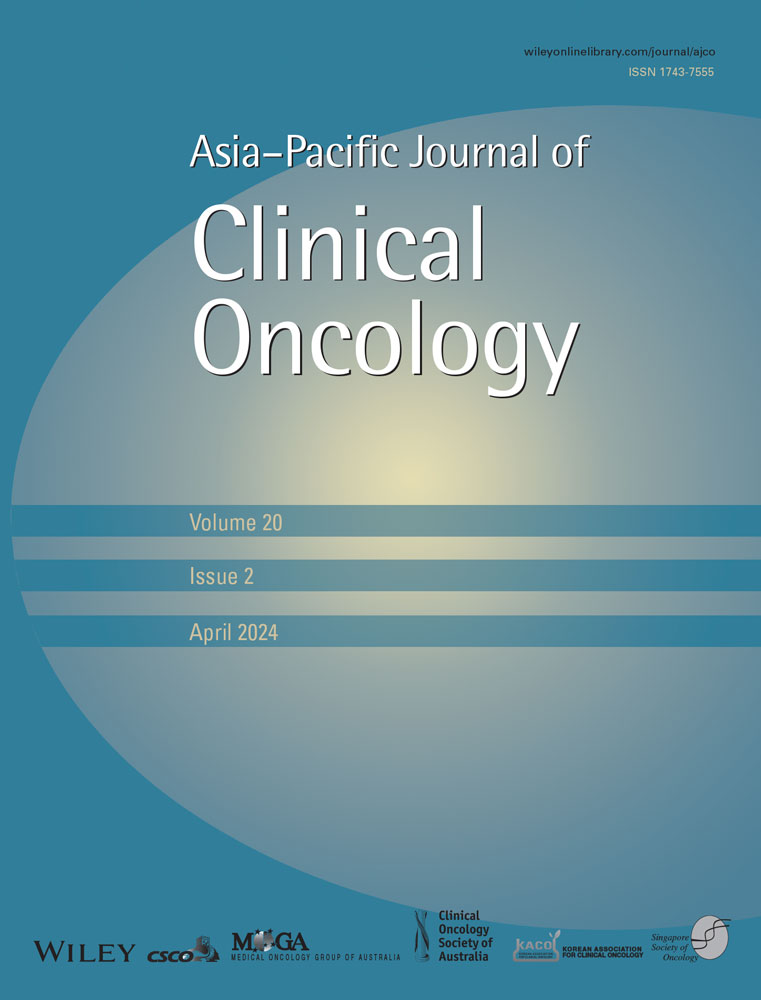Hemophagocytic lymphohistiocytosis (HLH) and cytokine release syndrome (CRS) in a patient with oncogene-addicted metastatic non-small cell lung cancer (NSCLC) following combination chemotherapy-immunotherapy
Abstract
Immune checkpoint inhibitors (ICIs) are utilized in a variety of clinical settings for the management of patients with metastatic non-small cell lung cancer (mNSCLC). While any organ may be subject to immune-related adverse events (irAEs) as a consequence of ICI therapy, hematological irAEs are uncommon. We describe a scenario involving a patient with oncogene-addicted mNSCLC who experienced the rare, life-threatening complication of hemophagocytic lymphohistiocytosis (HLH) and cytokine release syndrome following the receipt of the IMPower150 regimen (carboplatin/paclitaxel/atezolizumab/bevacizumab) after progression on initial tyrosine kinase inhibitor therapy. Malignancy-associated HLH, while previously described, is more typically associated with hematological rather than solid cancers and has only very recently been reported among patients receiving ICIs. While identification of hemophagocytosis on bone marrow examination is pathognomonic, this feature is not essential for confirming a diagnosis of HLH. Prompt recognition of suspicious laboratory and clinical features by medical oncologists and engagement with other relevant disciplines is hence critical to ensure optimal management of the condition.
CONFLICT OF INTEREST
SK: Served on advisory boards: AZ, Pfizer, Roche, BMS, MSD, Takeda. Honorarium to institution: MSD, BMS, Roche, AZ, Pfizer, Boeringher. Travel support: BMS, Roche, AZ, Boeringher. SA: Served on advisory boards: Takeda Pharmaceuticals Australia. Practitioner member, Medical Board of Australia. Member, Australian Health Ethics Committee (NHMRC). Shares in: CSL Limited, Sonic Pathology. SH/VV: Nil disclosures to report.
Open Research
DATA AVAILABILITY STATEMENT
The authors confirm that the data supporting the findings of this study are available within the article.




